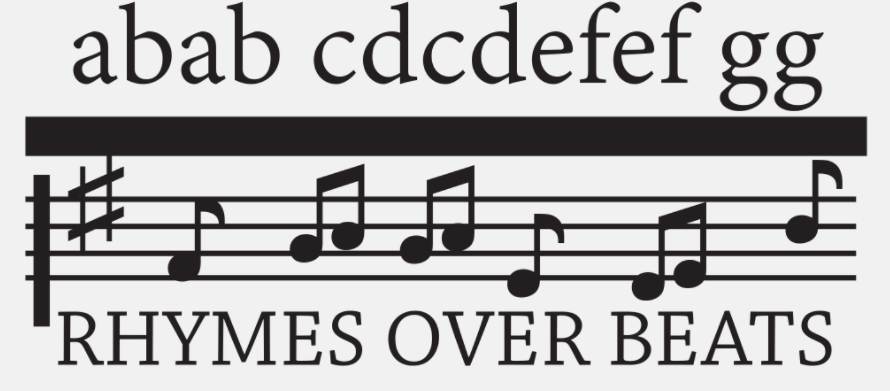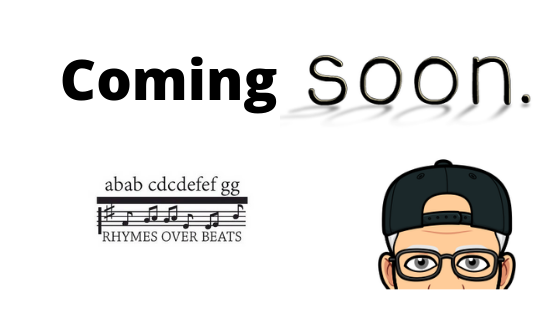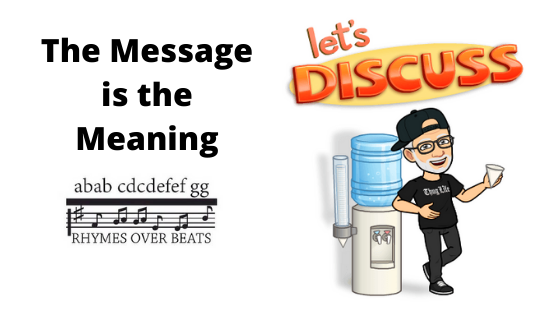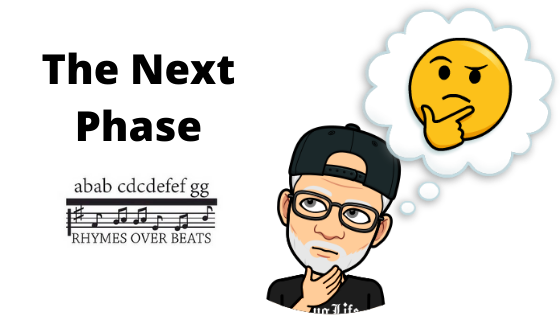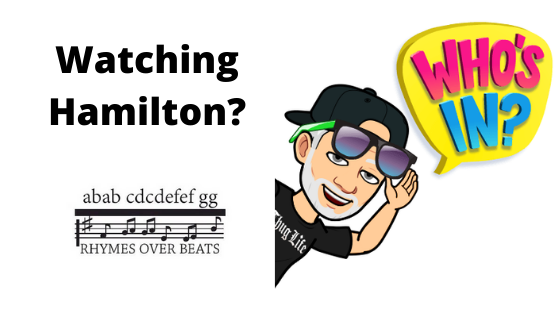
Watching Hamilton?
Virtual Theater?
Last week the Slate Culture Newsletter published a short piece on the upcoming Disney+ showing of a film of a performance of Hamilton.
Their argument is that there is no need to watch it. Because it is a sung-through musical, everything revolutionary about the work is already available – you can just listen to the recording (which has been available for years).
According to the article, if you don’t watch it, all you are missing are the sets, the costumes, the choreography, and the staging – none of which is revolutionary. If you don’t don’t watch it, in short, you don’t miss much.
I disagree.
I wonder, if the author were talking to someone who could read music, if he would tell him to only read the score instead of listening to the recording? There is nothing revolutionary about the acting and singing.
Really?
All the Elements Work Together
To me, the production of a work of theater is a unity of elements.
To experience it as it was meant to be experienced, you must see it as the creators intended. Ideally, that means LIVE and in person in a packed theater.
Sadly, that is not possible for everyone. Initially it was because of the cost (I was lucky enough to have seen it at the Public Theatre when the price was more in line with an average person’s budget). Now it is because of the pandemic.
While viewing a video performance is not ideal, the Disney+ presentation is as close as we are going to get to a live performance for a while. AND the price of admission is much less than I paid five years ago.
Watch it if you have not seen it in person. Watch it again if you have.
I’m going to. I’m not throwing away my shot at seeing, again, the best musical of this century.
